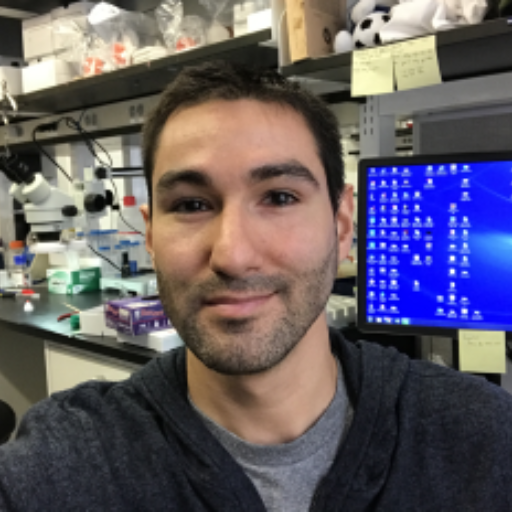
GustavoRodriguez
PhD
Location
New York, NY, USA
Current Organization
Columbia University
Biography
Dr. Gustavo A Rodriguez is an Associate Research Scientist in the Taub Institute for Research on Alzheimer’s disease and the Aging Brain at Columbia University Medical Center, New York, NY. His research is focused on understanding how neuronal populations in the entorhinal cortex and hippocampus are affected by amyloid beta (Aβ) and tau pathology, and in turn, whether neuromodulatory approaches can be successfully implemented to correct aberrant neuronal activity in Alzheimer’s disease (AD) mouse models.
Dr. Rodriguez is originally from Houston, TX. He completed his undergraduate education (B.A. Psychology, w/ minor in Philosophy) at Texas State University – San Marcos (2006). His formal neuroscience training began as an undergraduate in the Behavioral Neurobiology Training Program at the University of Texas – San Antonio (2006), followed by a post-baccalaureate fellowship in the Summer Undergraduate Research Program at the University of Texas Health Science Center – San Antonio (2006). He then served as a research assistant in the laboratory of Dr. David A Morilak at the University of Texas Health Science Center – San Antonio (2006 – 09) before applying to graduate programs. Dr. Rodriguez received his PhD (Neuroscience) from Georgetown University in Washington, D.C. (2014) under the mentorship of Dr. G William Rebeck. His thesis research examined the impact of Apolipoprotein E4 (APOE4), a significant genetic risk factor for AD, on AD-related neuropathology and on normal brain function in mouse models. A growing interest in understanding the underlying mechanisms of spatial learning and memory dysfunction in AD led Dr. Rodriguez to pursue postdoctoral training at Columbia University Medical Center under the joint mentorship of Drs. S Abid Hussaini and Karen E Duff. Dr. Rodriguez employs neuromodulatory strategies and in vivo electrophysiology in his research to explore the impact of AD pathology on entorhinal cortex – hippocampal function in transgenic AD mice, and compliments this work with behavioral studies that assess the cognitive impact of modulating neuronal activity, as well as Aβ and tau aggregation, in his mice, with the ultimate goal of informing future studies that drive translational strategies to combat AD dementia.


